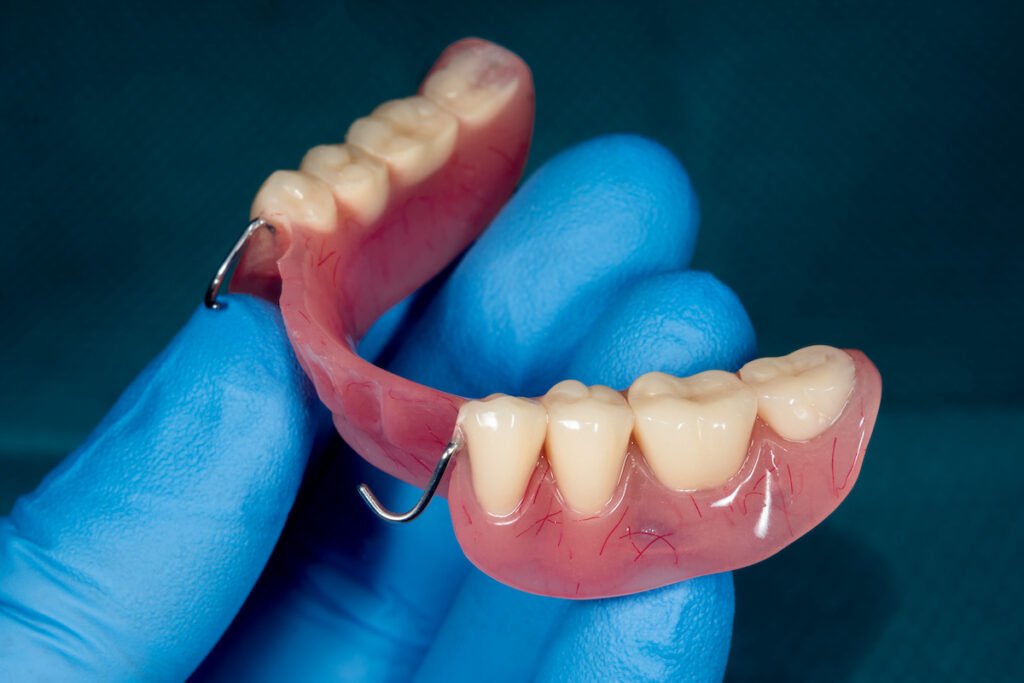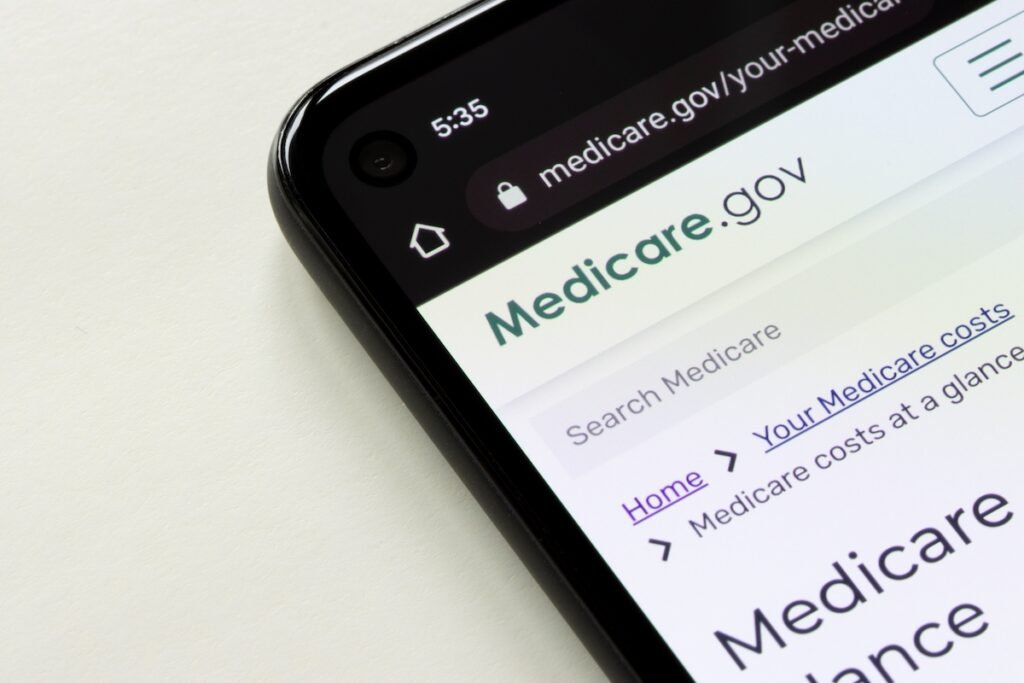Medicare Basics: 7 Things It Does Not Cover – TravelAwaits

As many of us approach the age of 65, making time to think about and investigate the benefits of Medicare and other insurance options becomes more and more important. While Medicare Part A will help to pay for inpatient hospital stays, skilled nursing facilities, surgery, hospice care, and in some instances home health care, Part B — the medical insurance side of Medicare — offers help with a visit to the doctor, outpatient care, certain preventive services, as well as some medical equipment and supplies.
With the time to sign up for Medicare approaching (most can sign up a few months prior to turning 65), making sure you understand what Medicare covers and what it doesn’t is very important. Spending some time learning what’s covered, looking into supplemental insurance, and seeking out other ways to cover additional costs could help you avoid unwanted and surprise medical bills.
In this space, we will go over seven things that Medicare doesn’t or may not cover.
Adul10 / Shutterstock.com
1. Prescription Drugs
When it comes to prescription drugs, you can look into a separate Part D prescription drug policy or a Medicare Advantage Plan that may cover medical and outpatient drug costs in lieu of Medicare. There are also some retiree healthcare policies that cover prescription drugs. You can take advantage of these policies using Part D or Medicare Advantage when you enroll in Medicare or when you lose other drug coverage. It’s a good practice to look for such policies during open enrollment in the fall. Comparing costs and other coverage options for specific medication with the Medicare Plan Finder can also help you know your options.
 Private room of long-term care facility (Photo Credit: mapo_japan / Shutterstock.com)
Private room of long-term care facility (Photo Credit: mapo_japan / Shutterstock.com)
2. Long-Term Care
If long-term care is something that may be on the horizon, know that Medicare does provide some coverage for skilled nursing services, but not custodial care (help with bathing, dress, or other daily activities). Purchasing long-term care insurance or a combination of life insurance and long-term care policies can help to cover these costs. According to the Genworth Cost of Care Study, the median cost of a private room in a nursing home was $105,800 in 2020. A room in an assisted living facility costs $51,600, and 44 hours per week for a home care health aide costs $54,900.
3. Deductibles And Copays
Another very important coverage gap with Medicare concerns deductibles and copays, which are not covered. While Medicare Part A covers hospital stays and Part B covers doctors’ services and outpatient care, in 2022 you are responsible for paying a Part A deductible of $1,556 before coverage starts, and when it comes to long-term hospital stays, you pay $389 per day for days 61-90 in the hospital and $778 per day after that. It’s extremely important to know that over your lifetime, Medicare will only pay 60 days total beyond the 90-day limit. These are called “lifetime reserve days,” and you are responsible for paying the full hospital cost after that.
Part B does often cover 80 percent of doctors’ services, lab tests, and x-rays, but you will be responsible for deductibles and copays. In 2022 you are responsible for 20 percent of costs after a $233 deductible. If you do not have supplemental coverage from a retiree health insurance policy, a Medicare Advantage plan or Medigap (Medicare supplement) policy can fill in gaps. Sold by private insurers, Medigap policies come in 10 standard versions that kick in where Medicare stops. If a Medigap policy is purchased within 6 months of signing up for Medicare Part B, insurers cannot reject or charge you more due to preexisting conditions. Be sure to reference Medicare.gov’s Choosing a Medigap Policy for more information. Medicare Advantage plans provide you medical and drug coverage through a private insurer and may provide additional coverage including vision and dental care. Switching to Medicare Advantage plans every year during open enrollment is allowed.
 Sergii Kuchugurnyi / Shutterstock.com
Sergii Kuchugurnyi / Shutterstock.com
4. Dental Visits
It’s important to know that Medicare does not cover routine dental visits, teeth cleanings, fillings, dentures, or most tooth extractions. In some instances, Medicare Advantage will cover cleanings and x-rays, but often has an annual coverage limit of around $1,500. When it comes to dental, finding a separate insurance policy or another dental discount plan is a good idea. Additionally, piling up some funds in a health savings account (HSA) prior to enrolling in Medicare allows you to use those funds for tax-free medical, dental, and other out-of-pocket costs. After you have enrolled in Medicare, you can no longer contribute to an HSA.
5. Vision Care
Routine eye exams and glasses are often not covered by Medicare. There are exceptions, which include an annual eye exam if you have diabetes or eyeglasses if you have had certain types of cataract surgery. There are some Medicare Advantage plans that provide vision coverage, and you can explore buying a separate supplemental policy that would provide vision care or dental and vision care. As is also the case with the dentist, HSA money can be used for glasses, contacts, prescription sunglasses, or other out-of-pocket vision care costs.
 edwardolive / Shutterstock.com
edwardolive / Shutterstock.com
6. Hearing Aids
Despite a pair of hearing aids costing as much as $6,500, Medicare does not cover routine hearing exams or hearing aids. There are Medicare Advantage plans that cover hearing aids and fitting exams, while there are discount programs that provide lower-cost hearing aids. HSA funds can also be used to help cover your costs.
7. Overseas Care
One more thing that Medicare doesn’t cover might be something you don’t often think about — overseas care. The reality is, though, that it could be an important consideration when traveling. There are limited circumstances where you may get coverage, including if you are on a cruise ship that’s six hours or less from a U.S. port. There are some Medigap plans that will cover 80 percent of emergency care if you are overseas, but that also has a limit. You might also get some coverage overseas from some Medicare Advantage plans in the case of an emergency. Another option would be purchasing travel insurance that covers medical expenses or even medical evacuation. Such expenses can run thousands of dollars.
 Tada Images / Shutterstock.com
Tada Images / Shutterstock.com
So What Is Covered By Medicare?
To get clarification on what is covered and what is not, visit Medicare.gov/coverage and type in the “Is my test, item, or service covered?” box at the top of the page. You can also review the rules of Medicare coverage as well as other types of care and procedures on that site. If you are already covered by Medicare and you think that a claim was unfairly denied, you can visit the How to Appeal a Denied Medicare Claim page.




